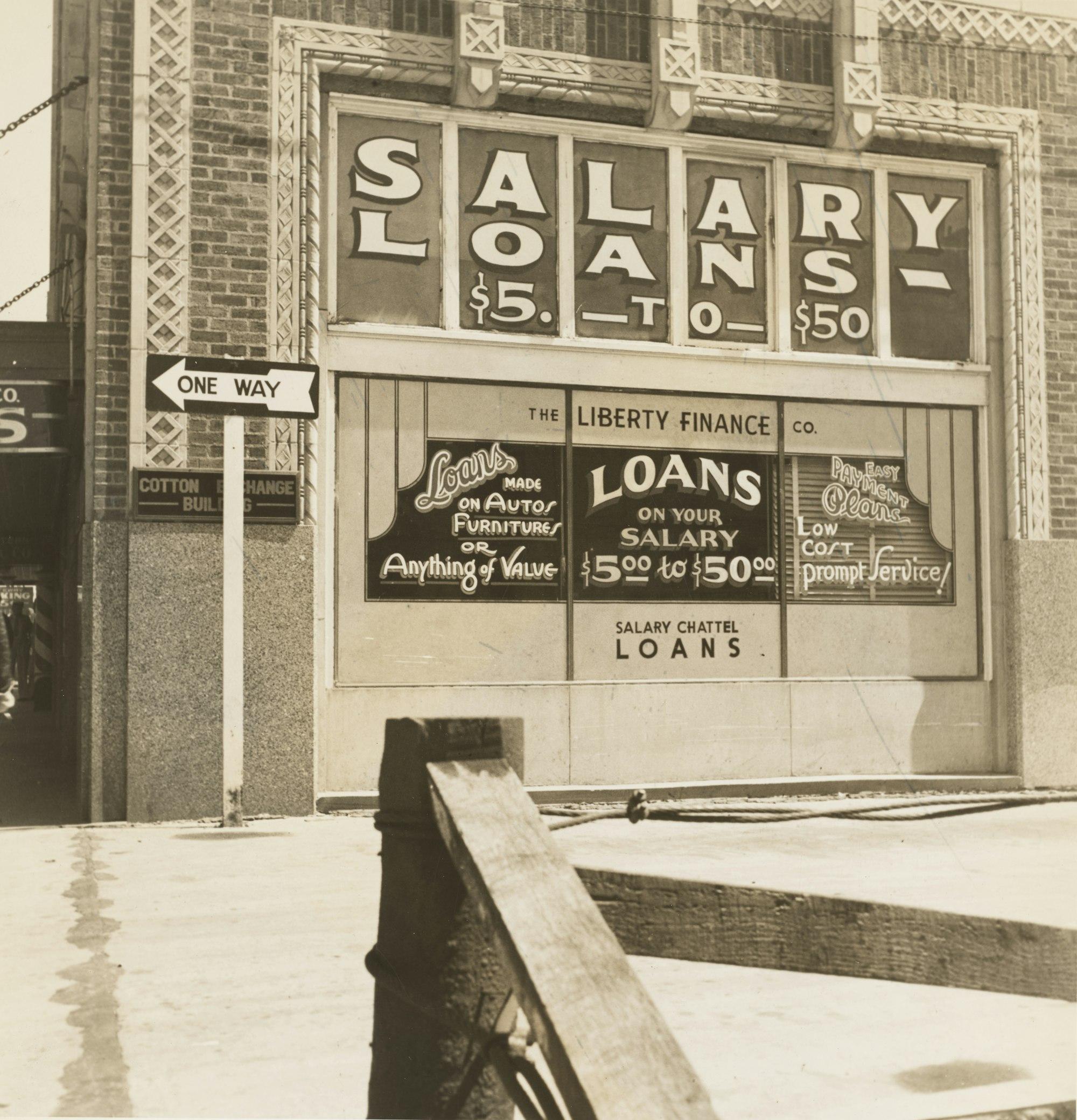9 Real Ways to Improve Your Credit Score Fast
Improving your credit score is achievable through strategic actions like lowering your credit utilization, paying bills on time, and addressing report errors while maintaining consistent financial habits.

Photo by The New York Public Library
Your credit score is a cornerstone of your financial health, influencing everything from mortgages to interest rates. While building credit takes time, certain steps can fast-track your progress.
Can You Raise Your Credit Score by 100 Points?
A 100-point jump in your credit score might sound ambitious, but it’s possible with focused effort. Credit scores are influenced by key factors like credit utilization, payment history, and account age. Addressing these strategically can lead to noticeable improvements.
How Credit Scores Are Calculated
Credit scores, such as FICO, are based on the following elements:
- Payment History (35%): Timely payments build trust with lenders.
- Credit Utilization (30%): Keep balances low to optimize this ratio.
- Credit History Length (15%): Longer account histories boost scores.
- Credit Mix (10%): A variety of credit types reflects responsible borrowing.
- New Credit (10%): Limit recent applications to avoid lowering your score.
By focusing on these areas—like paying down balances or maintaining older accounts—you can work toward that significant increase.
1. Optimize Your Credit Utilization Ratio
A lower credit utilization ratio—your balance divided by your credit limit—signals healthy credit habits. Aim for utilization below 30%, or even lower for quicker gains.
- Pay off high-interest credit card debt.
- Consider making multiple payments each billing cycle to reduce your reported balance.
2. Request a Credit Limit Increase
Increasing your credit limit without raising spending reduces your utilization ratio. Request a limit hike from your card issuer after demonstrating responsible use.
Pro Tip: Resist the temptation to spend more after your limit increases.
3. Become an Authorized User
If a trusted friend or family member adds you as an authorized user on their credit card, their positive payment history can boost your credit.
Ideal Candidates: Choose someone with a strong credit score and consistent on-time payments.
4. Always Pay Bills on Time
Payment history accounts for 35% of your credit score, so on-time payments are critical.
- Set up automatic payments to avoid missed due dates.
- Even minimum payments help protect your score.
5. Dispute Credit Report Errors
Errors on your credit report can drag your score down unfairly. Check for inaccuracies and dispute them promptly with credit bureaus.
How to Start: Access free annual reports at AnnualCreditReport.com.
6. Resolve Collections Accounts
Outstanding collections accounts hurt your score. Contact debt collectors to negotiate payments or settlements.
Quick Win: Request a “pay for delete” agreement to remove negative marks after payment.
7. Consider a Secured Credit Card
Secured credit cards require a cash deposit as collateral and are ideal for rebuilding credit. Use them responsibly to establish a positive payment history.
Key Tip: Choose a card that reports to all three credit bureaus.
8. Report Rent and Utility Payments
Services now allow rent and utility payments to be reported to credit bureaus. Regular, on-time payments can enhance your credit history.
Ask Your Landlord: See if they participate in credit reporting programs.
9. Diversify Your Credit Types
A mix of installment loans (like car loans) and revolving credit (like credit cards) can positively impact your score.
Caution: Only take on new credit if you can manage it responsibly.
Credit Score Ranges and What They Mean
Credit scores generally fall into five categories:
- 300-579 (Poor): Higher loan costs and limited approval odds.
- 580-669 (Fair): Improvement needed for favorable terms.
- 670-739 (Good): Access to decent rates and approvals.
- 740-799 (Very Good): Lower interest rates and better offers.
- 800-850 (Excellent): The best rates and highest financial flexibility.
Knowing your score range helps set realistic goals and choose the right financial strategies.
Final Thoughts
Improving your credit score requires consistent effort, but the rewards—like lower interest rates and broader financial options—are worth it. Start with these nine strategies, tailored to your unique circumstances, and monitor your progress. By staying proactive, you can secure a brighter financial future.
Quick facts
What is the fastest way to boost credit score?
The fastest way to boost your credit score is to pay down high credit card balances, ensure all bills are paid on time, and check for errors on your credit report to dispute inaccuracies.
What are 3 things you can do to improve your credit score?
Three ways to improve your credit score include paying bills on time, reducing credit card balances, and avoiding new credit inquiries. Consistent financial habits over time will show positive results.
Is 650 a good credit score?
A credit score of 650 is considered fair. While it may qualify you for some loans, improving your score can help you secure better interest rates and loan terms.
Is 600 a good credit score?
A credit score of 600 is considered poor. It may limit your borrowing options and lead to higher interest rates. Improving your credit habits can help boost your score over time.
What credit score do I need to buy a $250,000 house?
To buy a $250,000 house, you'll generally need a credit score of 620 or higher for a conventional loan. A higher score can improve your chances of securing favorable mortgage rates.

Anirudh Atodaria
Software Engineer at Spoken
Anirudh is a software engineer at Spoken. He enjoys learning new things and solving complex problems. He takes pride in making others lives easier through innovative technology solutions. While he spends most of his time immersed in coding and tech, he tries to touch some grass occasionally.
Read more

